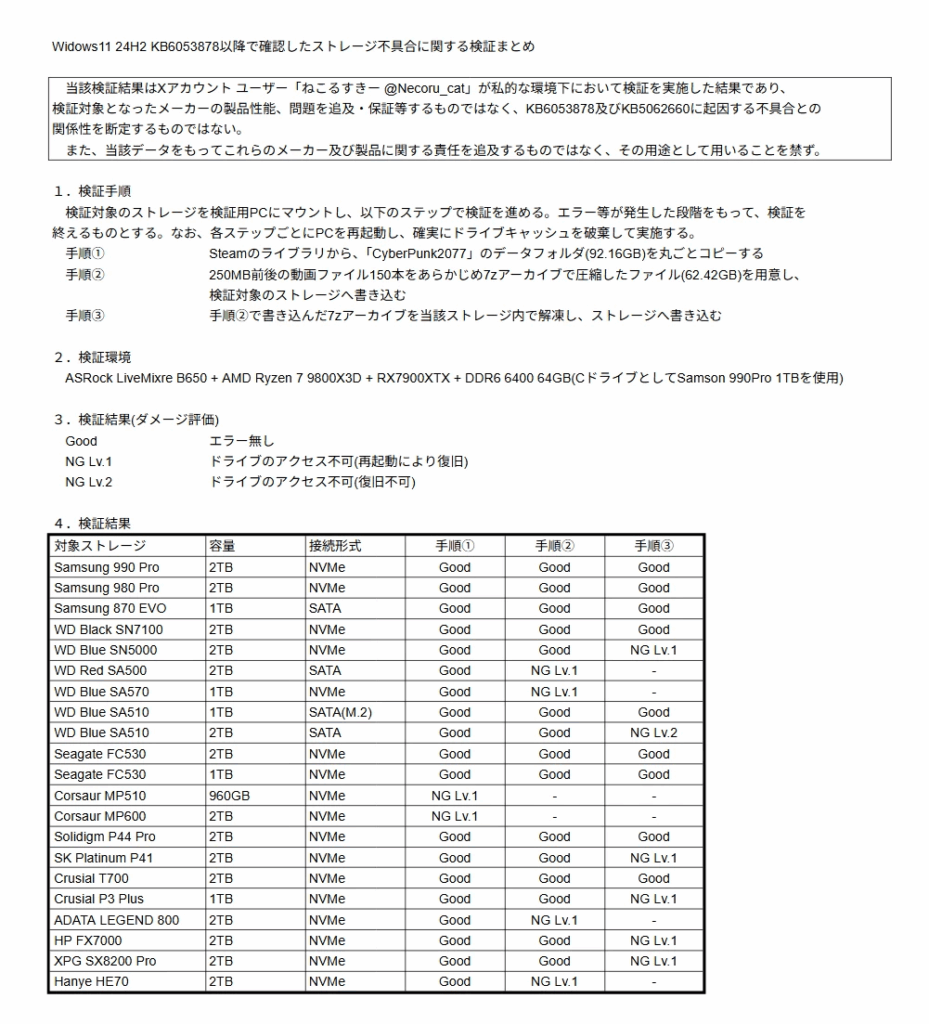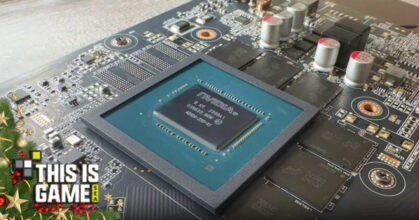Windows 11 Update and SSD Worry: The Truth Behind the Rumors

Microsoft and Phison Confirm No Link to SSD Failures
Recently, concerns surfaced online suggesting that a Windows 11 security update (specifically from August 2025) might be causing SSDs to fail—or even get “bricked.” But after a thorough investigation, both Microsoft and Phison—one of the leading SSD controller manufacturers—have officially stated they found no connection between the update and SSD failures.
Phison carried out over 4,500 hours of testing across more than 2,200 test cycles and was unable to reproduce any failures. Similarly, Microsoft’s internal testing and telemetry found no increase in drive failures, data corruption, or user support cases related to the update.

What Likely Sparked the Panic
The initial alarm appears to have stemmed from a single user’s report on social media. That report quickly went viral, spreading via tech influencers and social platforms even though no widespread evidence supported it. Some users noted SSD dropouts when their drive was over 60% full and handling large file writes—specifically around 50GB—but these cases appear rare and isolated rather than symptomatic of a broad issue.
Safe Moves for Cautious Users
While there’s no confirmed bug, if you’re still concerned, you can take these preventive steps:
- Avoid writing very large files (e.g., over 50GB) to nearly full SSDs all at once.
- Keep at least 20–40% of your drive free to reduce stress on the SSD controller.
- Use a SMART monitoring tool to check SSD health.
- Watch for firmware updates from your SSD brand if issues arise.
Final Thought
This episode shows the importance of balancing vigilance with verification. Fear spreads fast—especially when it involves vital hardware like SSDs—but the findings here are reassuring. Microsoft and Phison’s extensive testing suggests that current SSD concerns after the August update are likely isolated incidents—not symptoms of a system-wide bug. If your drive is acting normal, there’s no need to worry. For power users and professionals, taking basic precautions ensures both performance and peace of mind.





